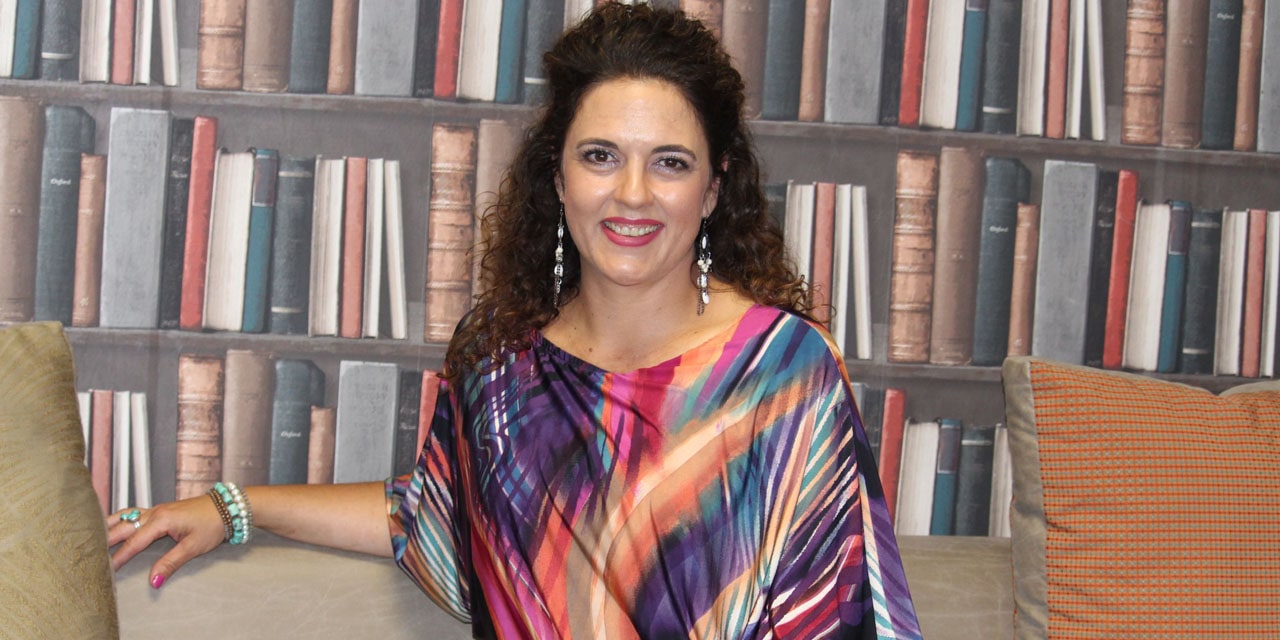Marjolize Scholtz
Our world has been turned upside-down – and this is affecting your wellbeing more than you might realize. FirstRand Employee Wellbeing Specialist, Marjolize Scholtz shares advice for managing anxiety and practicing self-care.
There’s a lot to be stressed out about these days. If it’s not the pandemic, it’s the alarming state of the economy, the uncertainty around lockdown regulations, or the grind of being stuck at home and trying to balance work and life (and, in many cases, home schooling as well). It’s normal to experience anxiety, fear, depression, loneliness, hopelessness and mental fatigue.
‘In a way, we are all collectively grieving the loss of the world we once knew, as these have been dramatically changed within a short space of time,’ says Scholtz.
‘Mental health issues are one of the unintended consequences of the COVID-19 pandemic. Namibians were already taking strain due to our unique socio-economic challenges, and the pandemic has potentially exacerbated them in more ways than we might realize.’ The pandemic has brought a number of uncertainties, and despite all the graphs and tables we see online none of us know what will happen next. ‘When you have a situation where there is an unknown outcome, our minds tend to assume that something negative will happen or consider the worst-case scenario,’ Scholtz explains. ‘This is what we call “anticipatory anxiety”, and it is normal – particularly when we experience major life changes.’ What is important is how you handle it, until such time that it becomes part of your “new normal”
The importance of self-care
Many are working longer hours, which is impacting their work-life balance and overall wellbeing.’ What’s important to realise – now more than ever – is that we need to prioritise our wellbeing and that this can be managed proactively.
‘You should be implementing time for rest and relaxation every day in order to help you recuperate both mentally and physically,’ Scholtz advises. ‘It is also important to take leave as needed, and not only when you have reached the point of burnout.’
How to manage your mental health
Taking individual and intentional accountability to manage your own mental health is the first step in navigating uncertain times. ‘There is no “right” way to navigate a pandemic,’ says Scholtz, ‘but there are things you can do to help mitigate anxiety and mental exhaustion.’
For anxiety
• Acknowledge your fears and anxieties and focus on the things you can control.
• Understand that your anxieties (while valid) are not always accurate. Understand the difference between rational, fact-based thoughts and thoughts that come from emotional uncertainty.
• Pay attention to credible news sources, and avoid websites devoted to rumours and conspiracy theories and refrain from spreading those rumours.
• Practice relaxation techniques, especially when you’re feeling anxious. Reflection time, prayer, deep breathing, stretching and journaling are all good ways to help you relax.
• Find a creative outlet for your anxious energy. Painting, drawing, arts and crafts are known to promote feelings of calm. Even a bit of DIY around the house, create a sense of accomplishment.
For mental fatigue
• Start each day with a morning routine that incorporates mindfulness and movement and start and end your workday at the same time each day.
• Ensure that you are taking regular breaks and getting enough good sleep.
• Find ways to keep active and eat healthily.
• Make sure you drink enough water, since water is as important, especially during a pandemic.
• Always maintain professional boundaries to ensure a good work-life balance.
• Look for activities and hobbies that you enjoy doing and make sure you do them regularly.
“You will have days when you feel less optimistic and productive. Be kind to yourself, take one day at a time and refocus the next day. By having an agile approach in handling the challenges in life, you will soon experience more positive results.’ says Scholtz.
* Marjolize Scholtz is FirstRand Namibia’s Employee Wellbeing Specialist




